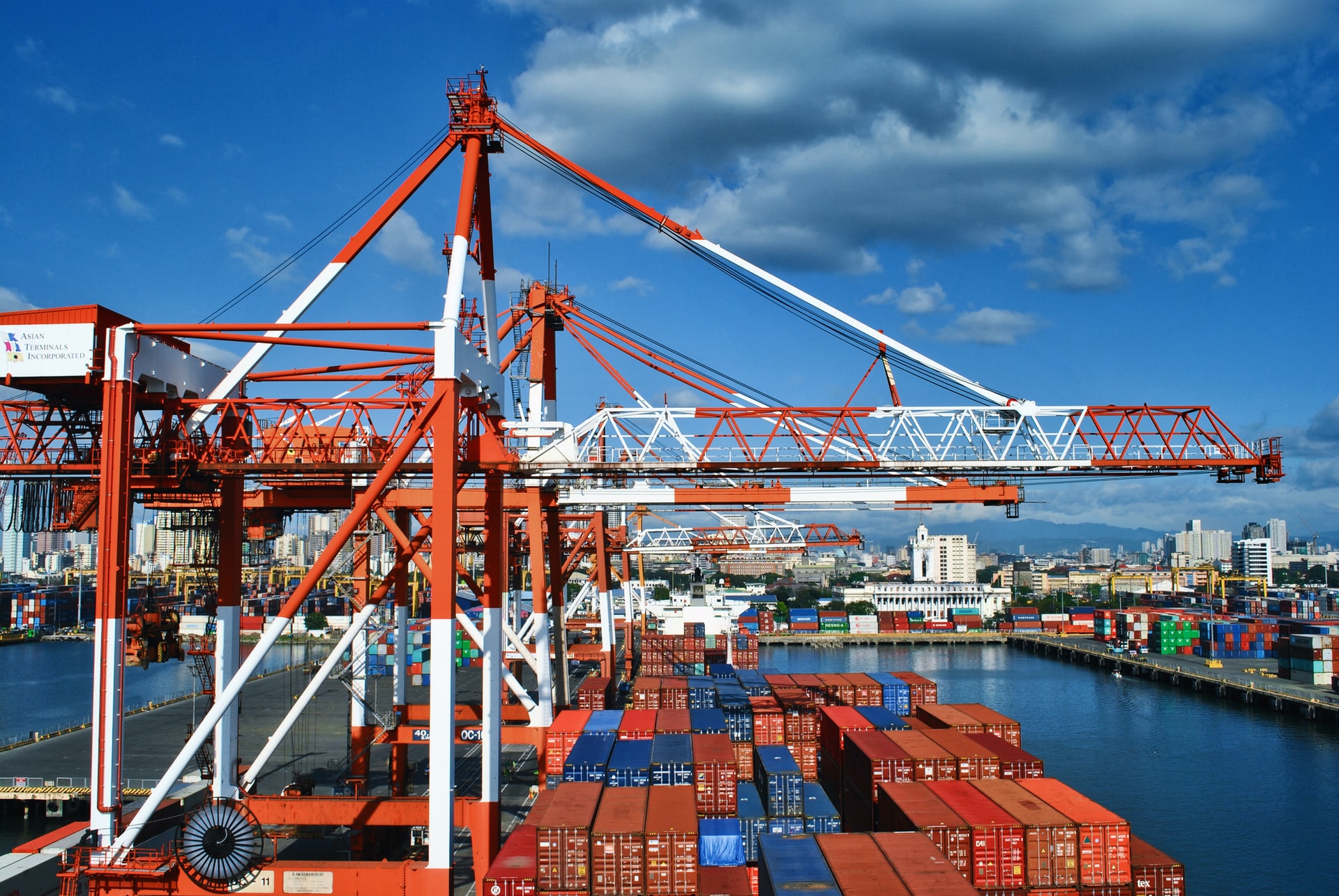Shipping containers are the heart and soul of international trade. Containerized cargo transport plays a leading role in the shipping industry.
The conventional means of tracking the progress of shipping containers has become a highly unreliable process. It is heavily manual-oriented, making it inconsistent and inaccurate. Moreover, the data generated by it remains outdated. This leads to the inefficient prediction of the arrival time of the cargo at the ports.
This forms a domino effect in the entire supply chain. The cascade continues to delay unloading, followed by congestion at the port. Thus, creating a frustrating end-user experience.
Smart containers help to minimize errors, frauds, and delays, in the data generation. They provide real-time data and process the information automatically. It helps the operators to pre-plan the facilities for upcoming shipments and their storage.
Smart Containers and related technologies:
- IoT: The Internet of Things generates a multitude of information about smart containers. It makes use of GPS to know the exact location. Movements such as vibrations and external atmospheric conditions are detected by the sensors. Parameter settings make the operator aware of internal temperature, humidity, etc. The IoT technology helps operators in risk mitigation.
- Blockchain Technology: It works on ledger technology and helps to track data from the source. The distributed ledger ensures a transparent yet secured transfer of information. Another way in which the blockchain can be utilised is the sharing model. A group of businesses can share the smart containers fleet at it down in real-time.
- Big Data Analytics: The humongous amount of data generated using IoT can be utilized to increase productivity. In the primary host system, it can be analyzed and interpreted to draw relevant conclusions. For instance, it can be used to estimate roundtrips, and damage rates at different ports. These parameters create a clear picture of the cargo behaviour and can help in increasing the efficiency of the transport process.
- Creating data pipelines: A chain of checkpoints at appropriate locations helps in the frictionless transmission of data even to cross-border stakeholders. Communicating even the granular information throughout the supply chain ensures transparency and accountability. This leads to legitimate shipments and builds trust.
Using these technologies, Smart containers can track, remotely monitor and even adjust the internal conditions as required. The data collected using digitization can be used to demonstrate that the foods have remained within regulated temperature thresholds throughout their journey. This builds trust between the operator and the end-user.
Smart Containers are also capable of communicating directly with the autonomous systems on ships and at ports. This results in streamlined and error-free operations throughout the cargo journey.
Value addition by Smart Containers
- Reduce the time required to gather data through automatic updates.
- Enhances productivity and reduces the cost associated with lost or damaged cargo.
- Prolongs the span of the containers by equipping them with technologies that reduce theft and fraud.
- Enhances the economic, social and environmental value of the charge
- The generation of real-time data enables better optimization of the entire supply chain.
Due to the above advantages, industry-wide transformation is taking place. New strategies are coming up to equip and upgrade traditional freight containers with onboard tracking and monitoring capabilities. Along with it, security devices and other multiple-connected sensors are being utilized to create smart containers.
Smart Containers are taking the digital age of shipping one step beyond. The paperless documentation through IoT offers interoperability as well as centralized security.
In a nutshell, smart containers are the future of the shipping industry. They are more efficient, eco-friendly and extend end-to-end visibility. They are the backbone of international trade and development. Smart containers play a vital role in economic integration by shaping cargo dynamics.
Thinking to digitize your traditional containers fleet? Get in touch with loginno now!
